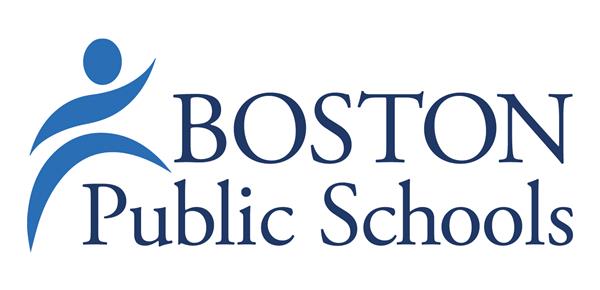
Boston Public Schools’ ethnic studies curriculum focuses on oppression and ‘Pillars of White Supremacy’
Incidents
The Boston Public Schools ethnic studies course curriculum features units focused on “Intersectionality,” “4 I’s of Oppression,” “3 Pillars of White Supremacy and Heteropatriarchy,” and “Transformative Resistance.”
This course will be a graduation requirement starting with the class of 2026 and most students will take it in 9th grade. Students will begin taking the course this coming fall.
According to documents produced by the Boston Teachers Union Ethnic Studies Now Committee, the Boston Public Schools ethnic studies course description states that the focus of the course is “on the construction and transformation of identity, power, and collective action.” The course will “utilize an intersectional lens to analyze how power and oppression as well as the construction of race and racism have shaped the lives of the students and their communities.”
Boston Public Schools’ ethnic studies vision aims to build on the “collective power of communities of color and their social movements to inspire us to act locally and globally toward justice and transformation.”
The ethnic studies course framework states that it will “RECONTSTRUCT educational spaces” to “RESPOND to the historical and current marginalization that people of color face in the United States,” “RESIST systems of power and oppression (i.e white supremacy, colonialism, capitalism, heteropatriarchy), “RESTORE humanity by providing healing spaces and tools for students to examine and embrace their intersectional identities” and “REALIZE societal transformation and social justice by providing opportunities for student agency through solidarity and collective action.”
Unit one of a three-unit course focuses on the core concepts from Kimberle Crenshaw (“Intersectionality“) and Tara Yosso (“Cultural Wealth“). The unit uses the “power of personal narrative” to help students “center their own lives from the margins of history.” One of its goals is for students to “recognize their cultural wealth as a form of power.”
The second unit, “Systems of Power and Oppression,” leads with the essential question “How has power and oppression impacted me, my community and my world?” The unit purpose is for students to explore the “institutions of power to see how patterns of oppression emerge across stories and experiences.”
During the unit on power and oppression, students will “take the next step towards transformation” by using “frameworks” to “read the world.” Frameworks include the “4 I’s of Oppression (ideological, institutional, interpersonal and internalized),” “white supremacy” and “praxis (critically analyze the cyclical nature of problems).” This unit teaches students the three pillars of white supremacy and its components, how it has been “normalized,” and to “apply the logics of white supremacy to analyze historical and current events.”
The “Enduring Understandings” for the second unit include that “White supremacy is normalized and upheld by ideas and systems of capitalism/slavery, orientalism/war, genocide/colonialism, and heteropatriarchy.” The praxis framework becomes “necessary to continuously address conflict, reflect and take action against oppression.” Finally, students who reach the correct understandings will identify that the “internalization of the dominant narrative controls our thoughts and actions, therefore validating white supremacy.” Formative assessments include “4 I’s of Oppression: Mapping a Personal Experience of Oppression,” “Theater of the Oppressed Forum Theater” and “Google Mapping: The 3 Pillars of White Supremacy and Heteropatriarchy in Boston.”
The final unit to the district’s introductory course focuses on “Resistance, Transformation, Action, and Change.” The essential question asks, “How can we build upon the legacies of resistance and healing to collectively realize social transformation and revitalize our communities?” The unit purpose states that students “must explore how people of color have resisted oppression and continue to fight for liberation and change.” It further proposes that ancestors have used “healing practices to imagine an alternative future and form collective hope in order to challenge oppression and power.”
After completing this unit, students will be able to “use the praxis framework, evaluate past and present methods and strategies of resistance” in order to “fight against institutional, ideological, interpersonal, and internalized oppression for liberation and change.”
Formative Assessments include “Google Mapping/Tour: Praxis and Resistance in Boston” and “Google Mapping/Tour: Action Plan to Transform Our Communities.”
Stay Informed
